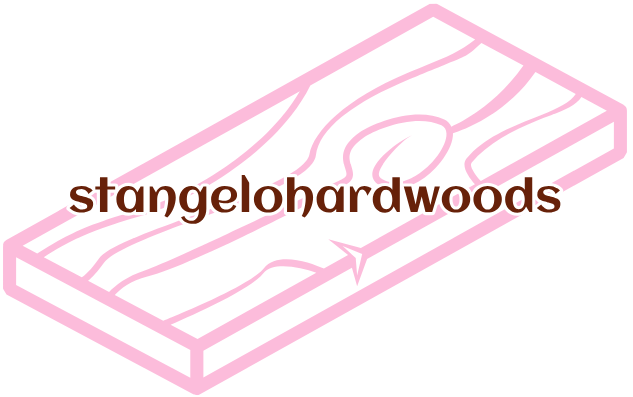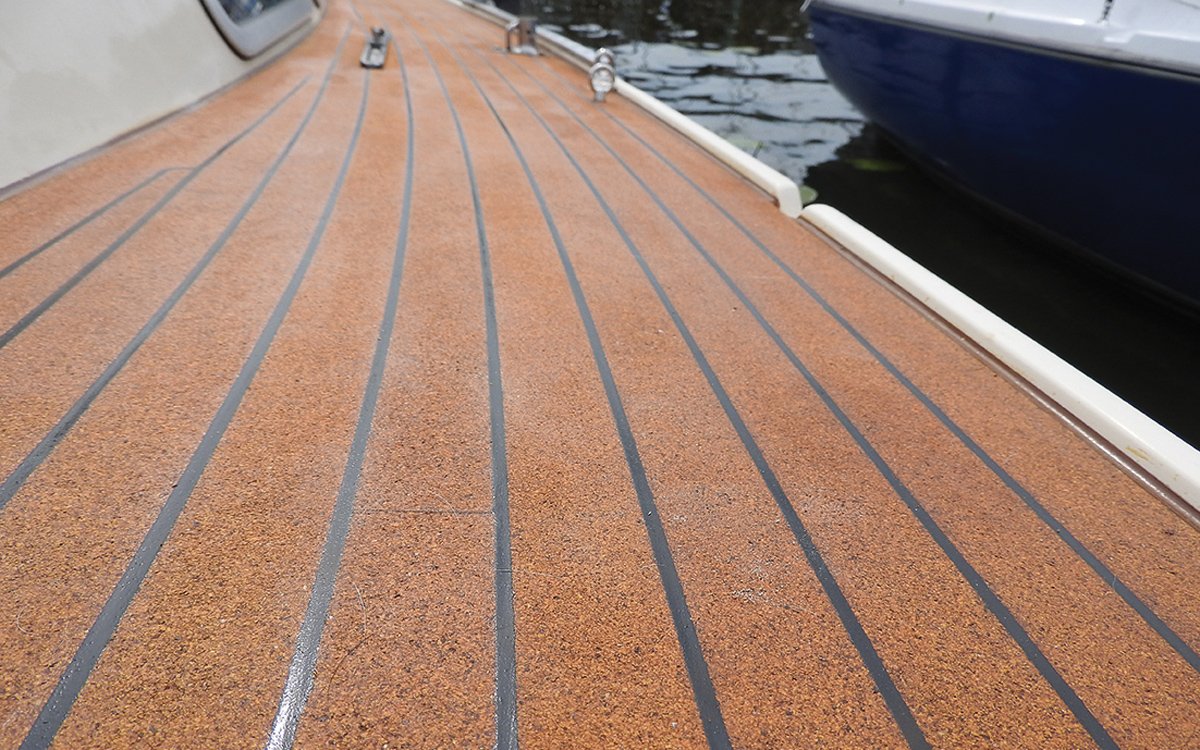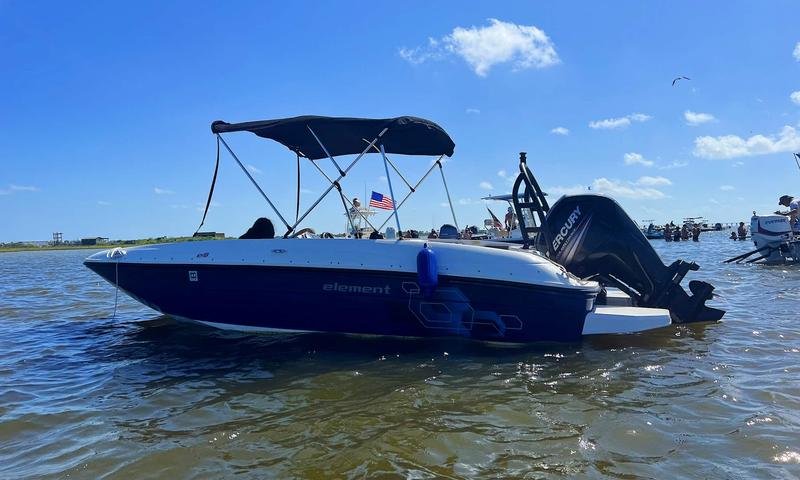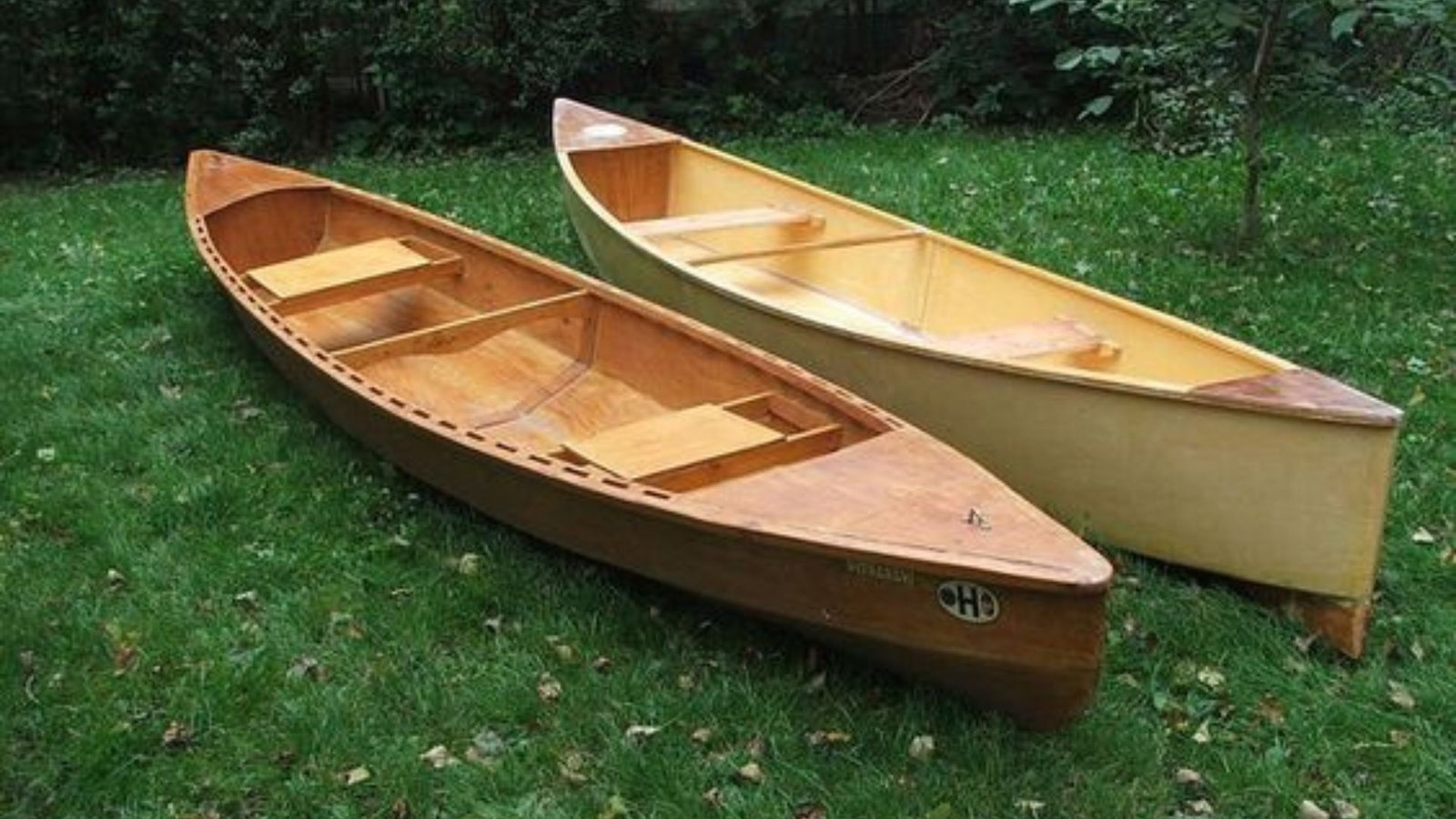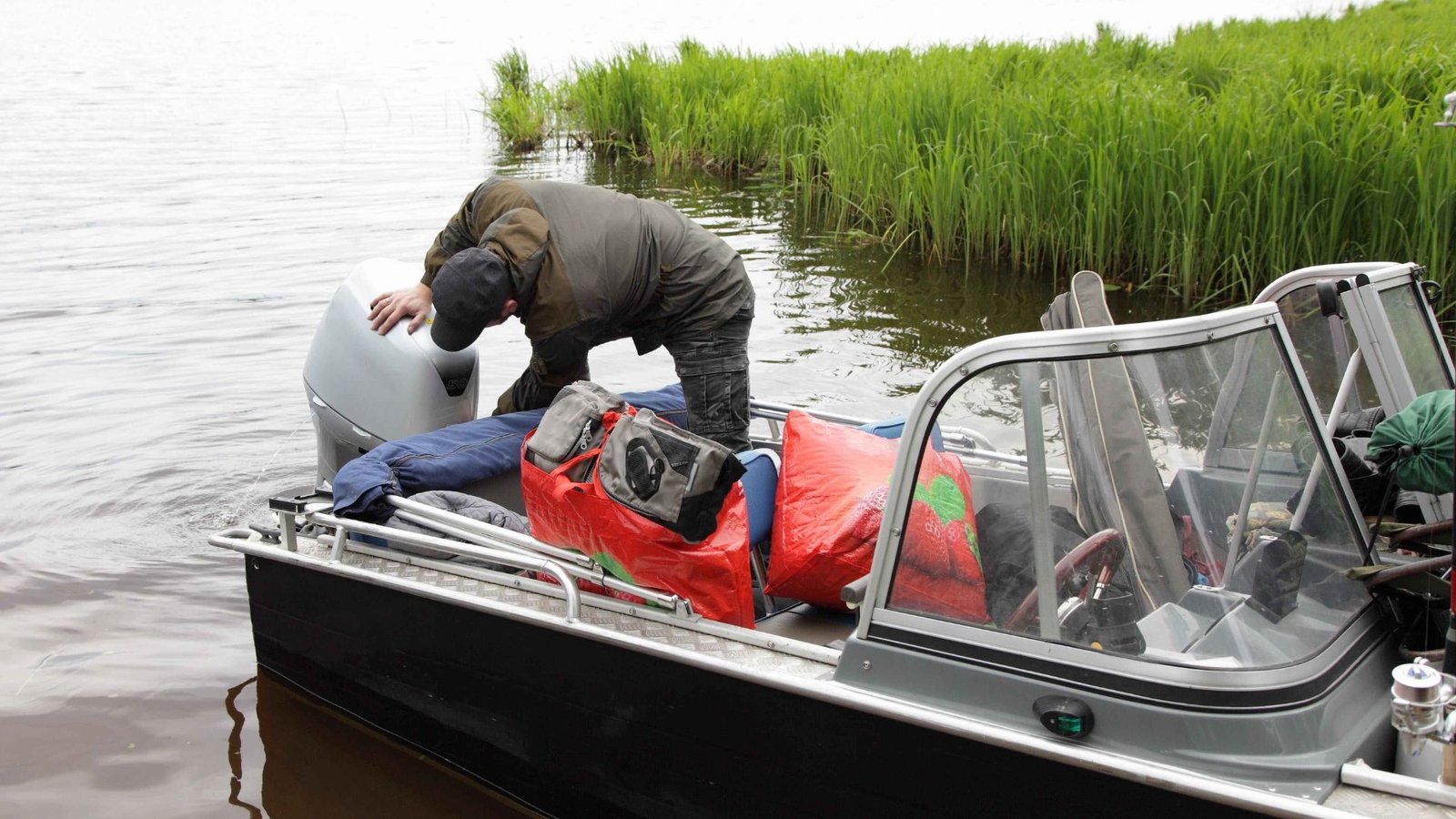Teak wood has long been the gold standard for boat building due to its durability, resistance to water, and stunning appearance. However, teak can be quite expensive, making it an impractical option for some boat builders. Fortunately, there are several affordable alternatives to teak that offer similar qualities, such as water resistance, strength, and beauty, without breaking the bank. In this article, we’ll explore the best affordable alternatives to teak for boats, helping you choose the right material for your project.
1. Cedar
Cedar is a popular alternative to teak for boat building. Known for its natural beauty, lightweight properties, and resistance to rot, cedar is an excellent choice for both interior and exterior boat applications.
Why Choose Cedar?
- Affordable: Cedar is significantly more affordable than teak, making it a budget-friendly choice for boat builders.
- Water-resistant: Like teak, cedar has natural oils that help protect it from water damage, rot, and insects.
- Lightweight: Cedar is lightweight, making it ideal for smaller boats where weight is a crucial consideration.
- Aesthetic Appeal: Cedar has a rich, reddish-brown color and a pleasant aroma, making it an attractive material for boat decking and interiors.
While cedar may not be as durable as teak in harsh marine environments, it still offers great protection against water damage, especially when treated with a protective finish.
2. Mahogany
Mahogany is another excellent alternative to teak for boat building. Known for its deep, rich color and smooth grain, mahogany is often used in boat construction, particularly for furniture and decorative trim.
Why Choose Mahogany?
- Strength and durability: Mahogany is a strong, dense wood that can withstand exposure to moisture and harsh marine conditions when properly treated.
- Elegant appearance: Mahogany’s beautiful reddish-brown hue and fine grain make it an attractive option for boat interiors and trim work.
- Affordable: While not as cheap as some softwoods, mahogany is typically more affordable than teak and offers a similar level of durability and visual appeal.
Mahogany works well for boat building, especially for high-end finishes and interiors, where both aesthetics and functionality are important.
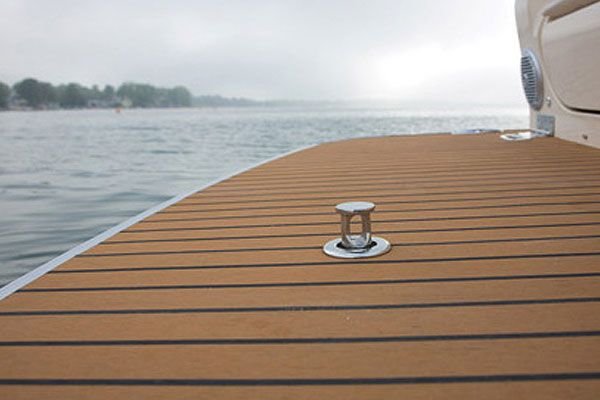
3. Pine
Pine is a softwood that offers an affordable and practical alternative to teak, particularly for boat framing, decking, and interiors. Although not as naturally resistant to water as teak, pine can be treated to provide protection against moisture and decay.
Why Choose Pine?
- Budget-friendly: Pine is one of the most affordable woods available, making it a great option for those on a tight budget.
- Easy to work with: Pine is easy to cut, shape, and fasten, making it ideal for novice boat builders.
- Customizable with treatment: When treated with preservatives or a protective finish, pine can be made resistant to water damage and rot, extending its lifespan on the water.
Pine is an excellent option for boat builders looking for an affordable material that can be easily treated for durability and long-lasting performance.
4. Okoume
Okoume is a lightweight, durable wood that is often used in marine plywood for boat construction. It is a great alternative to teak for those seeking an affordable, strong material for their boat’s hull, decks, and other structural components.
Why Choose Okoume?
- Lightweight: Okoume is lighter than many hardwoods, which makes it ideal for boat construction where weight is an important consideration.
- Durable: Okoume is highly resistant to rot and decay, particularly when used in marine plywood.
- Affordable: Okoume is a more cost-effective option than teak, especially for plywood applications.
Okoume is commonly used for constructing boat hulls and decks, providing a solid, long-lasting alternative to teak for the core structure of the boat.
5. Douglas Fir
Douglas fir is a strong, durable softwood that is often used in boat building for framing and structural components. It’s a cost-effective choice that still provides excellent strength and resilience in marine environments.
Why Choose Douglas Fir?
- Strength: Douglas fir is known for its high strength-to-weight ratio, making it an ideal choice for boat framing and structural support.
- Affordable: Compared to teak, Douglas fir is significantly more affordable and offers great value for money.
- Water-resistant when treated: While Douglas fir is not naturally resistant to water, it can be treated with preservatives to improve its resistance to rot and moisture.
Douglas fir works well for framing and supporting structural components in boat building, providing durability without the high cost of teak.
6. Redwood
Redwood is another softwood that serves as an affordable alternative to teak. Known for its strength, stability, and resistance to decay, redwood is a good option for boat decking, trim, and furniture.
Why Choose Redwood?
- Resistant to decay: Redwood has natural oils that make it resistant to decay, rot, and insect damage, similar to teak.
- Lightweight: Redwood is relatively light compared to other hardwoods, making it an ideal choice for boat building.
- Affordable: Redwood is generally more affordable than teak, offering good value for money while providing similar durability and aesthetic appeal.
Redwood is often used for exterior components, such as decking, where both strength and resistance to water damage are important.
7. Teak-Look Alternatives: Synthetic Teak
For those who love the look of teak but don’t want to deal with the high cost or maintenance, synthetic teak (or faux teak) offers a great alternative. Made from durable plastic materials, synthetic teak mimics the appearance and texture of real teak while being more affordable and requiring less maintenance.
Why Choose Synthetic Teak?
- Low maintenance: Unlike real teak, synthetic teak doesn’t require regular sanding, sealing, or oiling to maintain its appearance.
- Durable: Synthetic teak is highly resistant to water, UV rays, and mold, making it ideal for use in marine environments.
- Cost-effective: Synthetic teak is much more affordable than real teak and still provides a similar aesthetic.
While synthetic teak may not have the same natural feel as real teak, it’s a great option for those seeking a low-maintenance, cost-effective solution that looks similar to teak.
Conclusion
While teak is a fantastic wood for boat building, its high price can make it an impractical choice for many. Fortunately, there are several affordable alternatives to teak that still provide excellent performance, durability, and aesthetic appeal. Woods like cedar, mahogany, pine, and redwood offer similar qualities to teak at a fraction of the cost, while synthetic teak provides a low-maintenance, cost-effective solution for boat builders. By choosing one of these alternatives, you can enjoy a beautiful, functional boat without breaking the bank.
